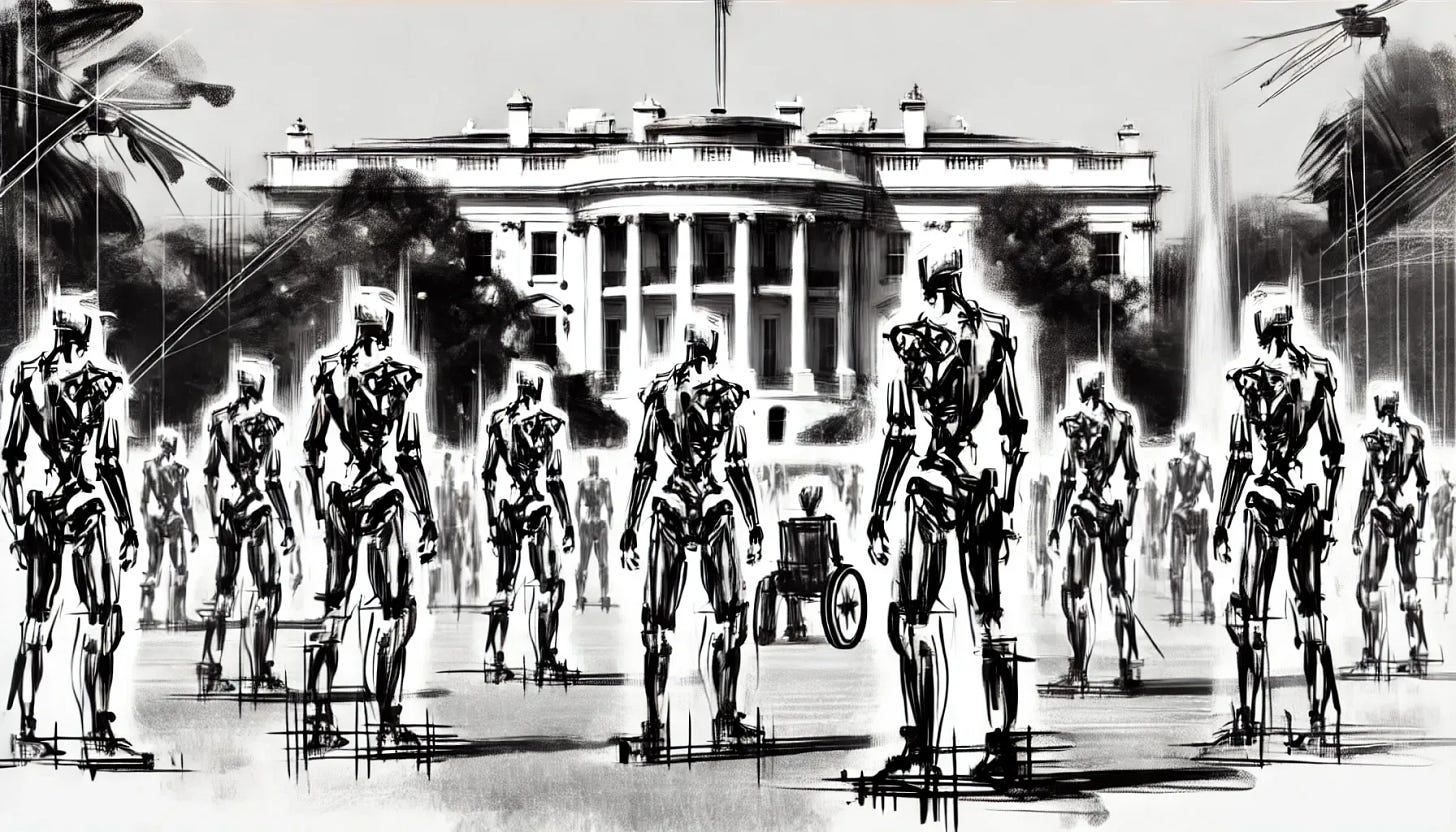The AI Story Will Roll On in Trump’s Second Term
History often repeats itself, but the AI story is now too consequential to take a backseat again as Trump returns to the White House
There was a moment not long ago when artificial intelligence was showing significant progress. Mentions of the technology were booming during earnings calls. And chatbots seemed like they could be the next big platform. Then, a polarizing leader won a crucial election. And interest in the technology fizzled.
I’m talking, of course, about 2016, when AI t…


